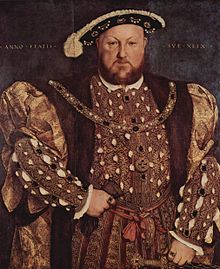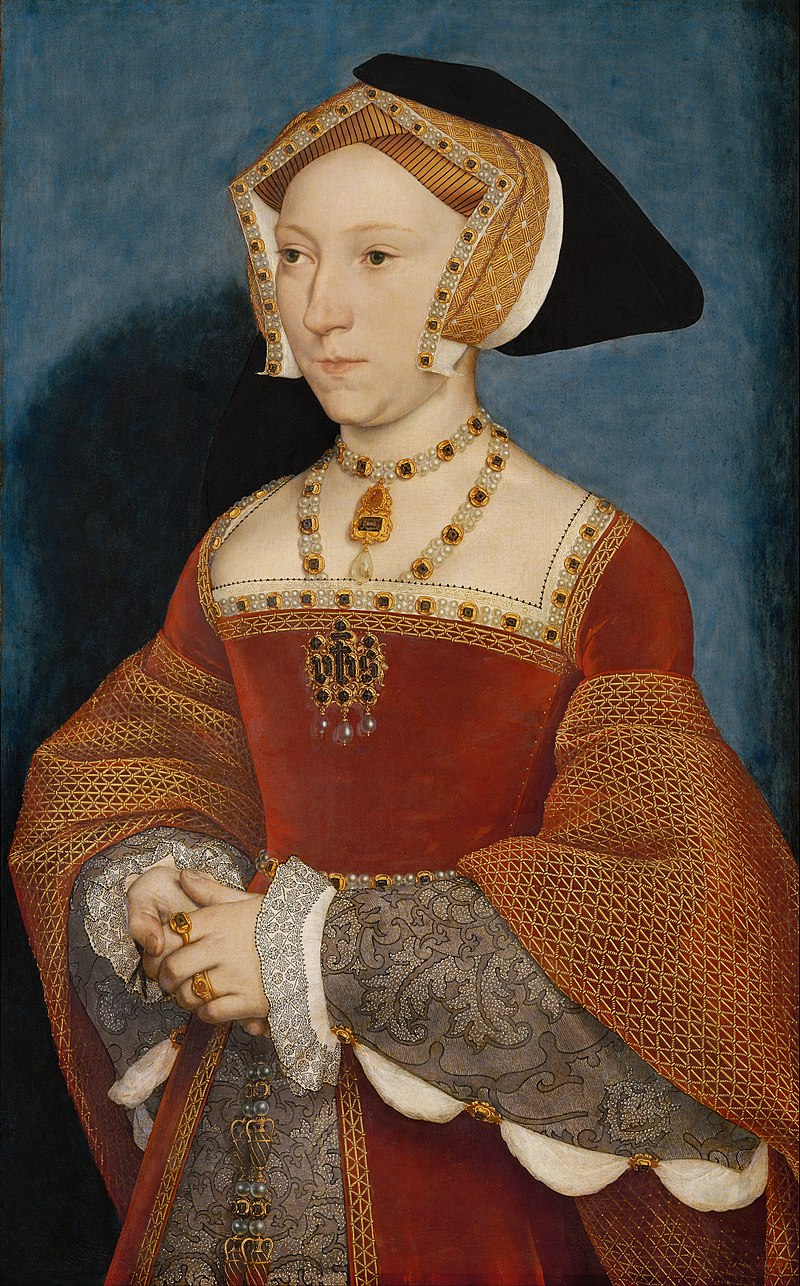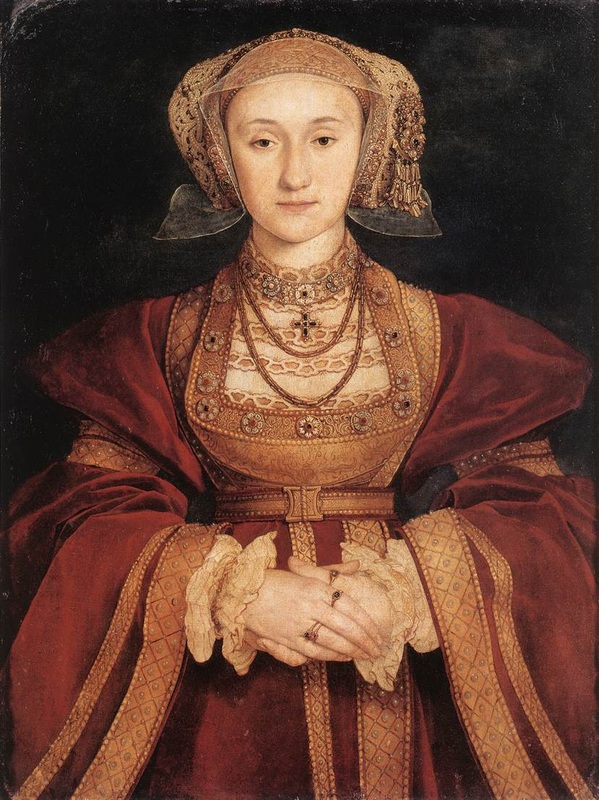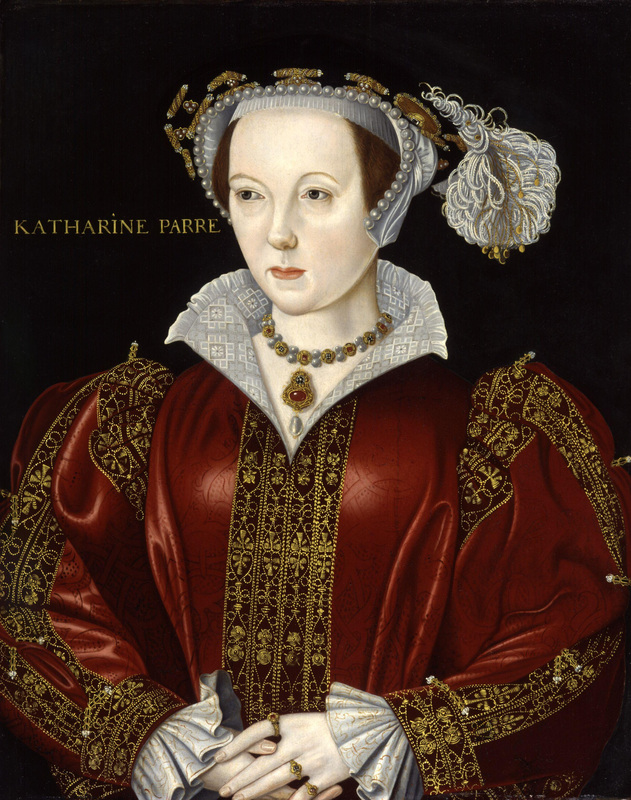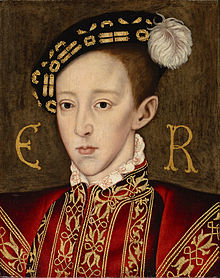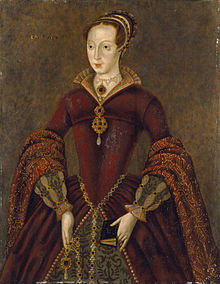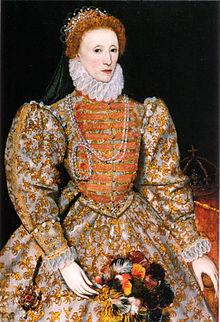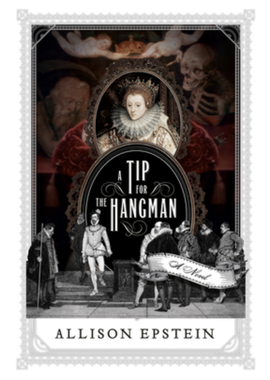 Cover image taken from Goodreads.com
Cover image taken from Goodreads.com This novel, spanning the years 1585-1593, follows this theory. Kit is in his last year of study at Cambridge when he's approached by none other than Elizabeth's spymaster himself, and sent on an undercover mission to the household of Mary, Queen of Scots. From there, Kit's life becomes immersed in the Crown's intelligence work, and suddenly he finds himself spying on the Scottish queen and breaking codes to reveal secret plots against Elizabeth. It doesn't take long before this work takes a mental toll on Kit, but as he finds out - you don't easily escape the life of a spy once you've proved yourself useful to Walsingham. What follows is a story of Kit's personal struggle to compartmentalize his life - the secret jobs he's required to do, his budding career as one of the most notable playwrights in London, and his personal relationships (notably with his best friend-turned-lover, Tom Watson).
England, 1585. In Kit Marlowe's last year at Cambridge, he receives an unexpected visitor: Queen Elizabeth's spymaster, who has come with an unorthodox career opportunity. Her Majesty's spies are in need of new recruits, and Kit's flexible moral compass has drawn their attention. Kit, a scholarship student without money or prospects, accepts the offer, and after his training the game is on. Kit is dispatched to the chilly manor where Mary, Queen of Scots is under house arrest, to act as a servant in her household and keep his ear to the ground for a Catholic plot to put Mary on the throne.
While observing Mary, Kit learns more than he bargained for. The ripple effects of his service to the Crown are far-reaching and leave Kit a changed man. But there are benefits as well. The salary he earns through his spywork allows him to mount his first play, and over the following years, he becomes the toast of London's raucous theatre scene. But when Kit finds himself reluctantly drawn back into the uncertain world of espionage, conspiracy, and high treason, he realizes everything he's worked so hard to attain--including the trust of the man he loves--could vanish before his very eyes.
Pairing modern language with period detail, Allison Epstein brings Elizabeth's privy council, Marlowe's lovable theatre troupe, and the squalor of sixteenth-century London to vivid, teeming life as Kit wends his way behind the scenes of some of Tudor history's most memorable moments. At the center of the action is Kit himself--an irrepressible, irreverent force of nature. Thrillingly written, full of poetry and danger, A Tip for the Hangman brings an unforgettable protagonist to new life, and makes a centuries-old story feel utterly contemporary.
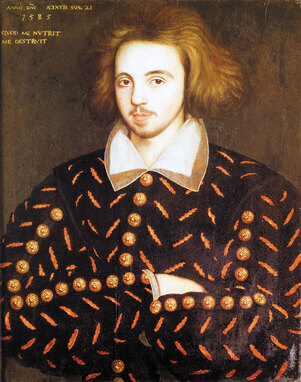 Christopher "Kit" Marlowe, c. 1585 (around 21 years old). Image taken from Wikimedia.
Christopher "Kit" Marlowe, c. 1585 (around 21 years old). Image taken from Wikimedia. And on that note, there's no way you could read this and come away with anything less than a real fondness for Kit Marlowe. He was such a likable, genuine character who struggled in so many believable ways. His raw emotion and genuine desire to do right by the people surrounding him (often at the detriment to his own mental health) made him one of those heroes you genuinely enjoy cheering on. Having never spared a second thought on this man before, I have to say I've come away with a newfound interest in him and his life.
I also now feel the need to dive into the rabbit hole that is Kit's spy work theory! Epstein notes in her 'Author's Note' that there is evidence to support this theory from Kit's life - including payments and acquisitions recorded in his ledger books (which I am now very curious about). Although this is essentially a "what if" interpretation of Kit's career, the origins are backed by contemporary evidence which requires exploration. I just might have to research this topic more and share my findings in a future blog post...
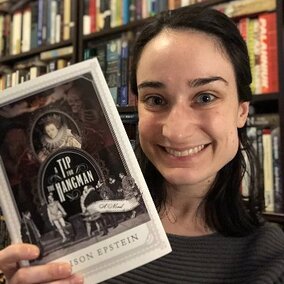 Author Allison Epstein, image taken from Twitter
Author Allison Epstein, image taken from Twitter If you're so inclined to try this great novel, support Allison by making a purchase (I'm providing the Amazon link below), connecting with her on social media, and visiting her website. I am genuinely hoping for more Tudor/Elizabethan-era novels from this author in the future, and I think any Tudor enthusiast will be very pleased with her writing in "A Tip for the Hangman".



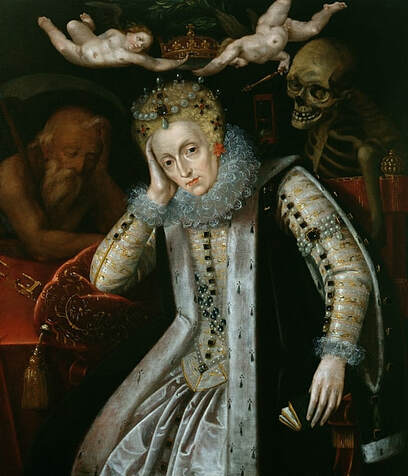
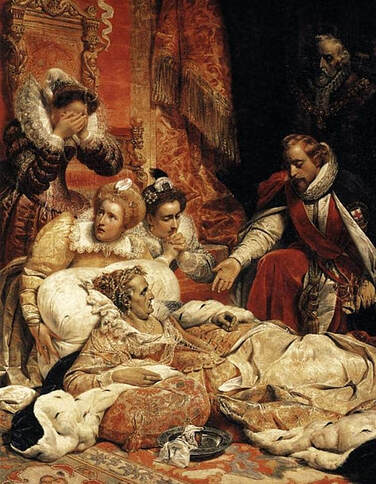
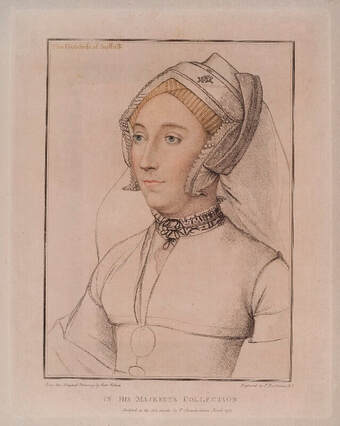



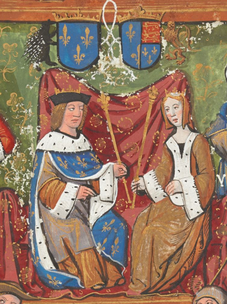

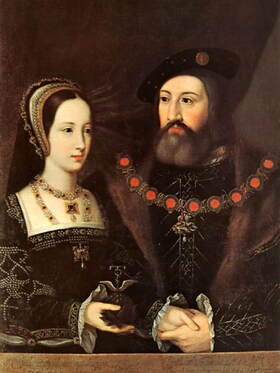
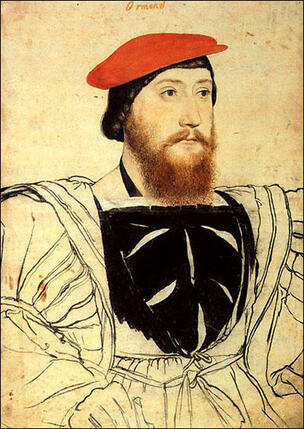


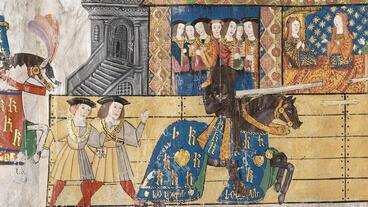
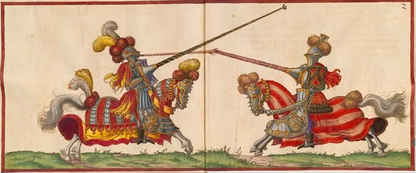
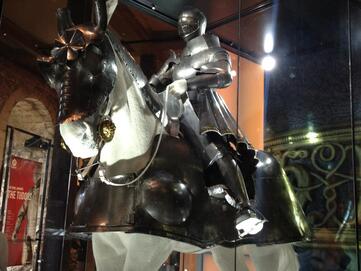
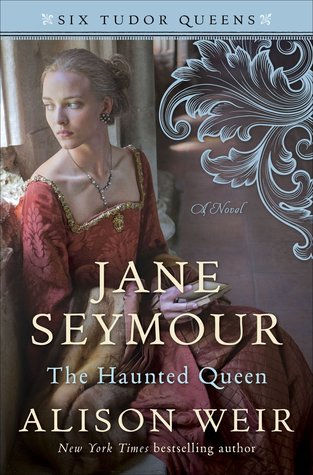



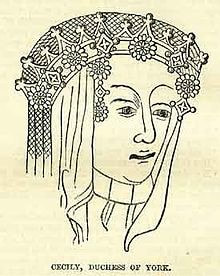



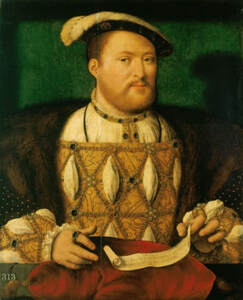
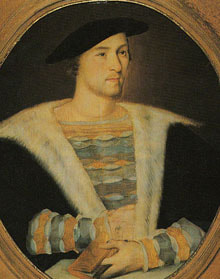
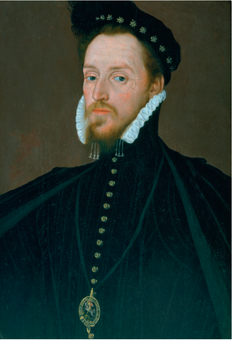
 RSS Feed
RSS Feed
